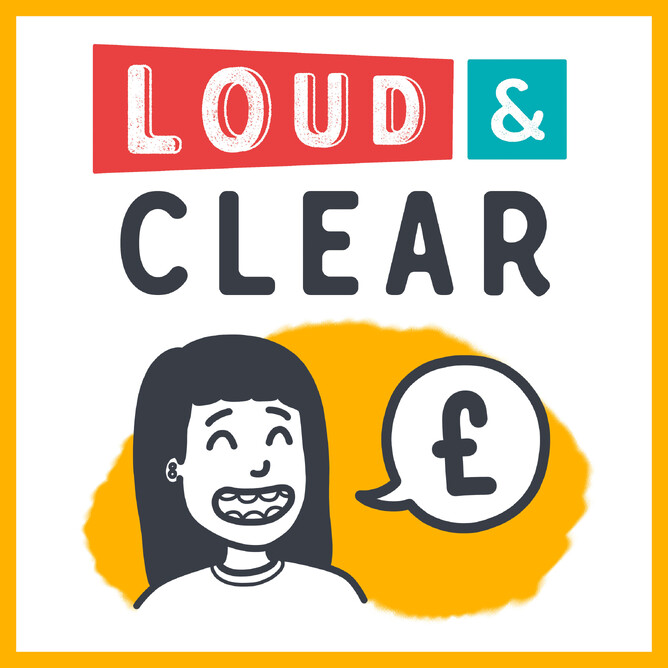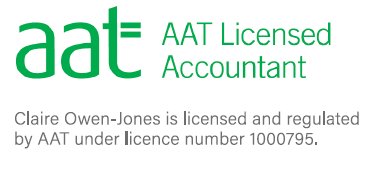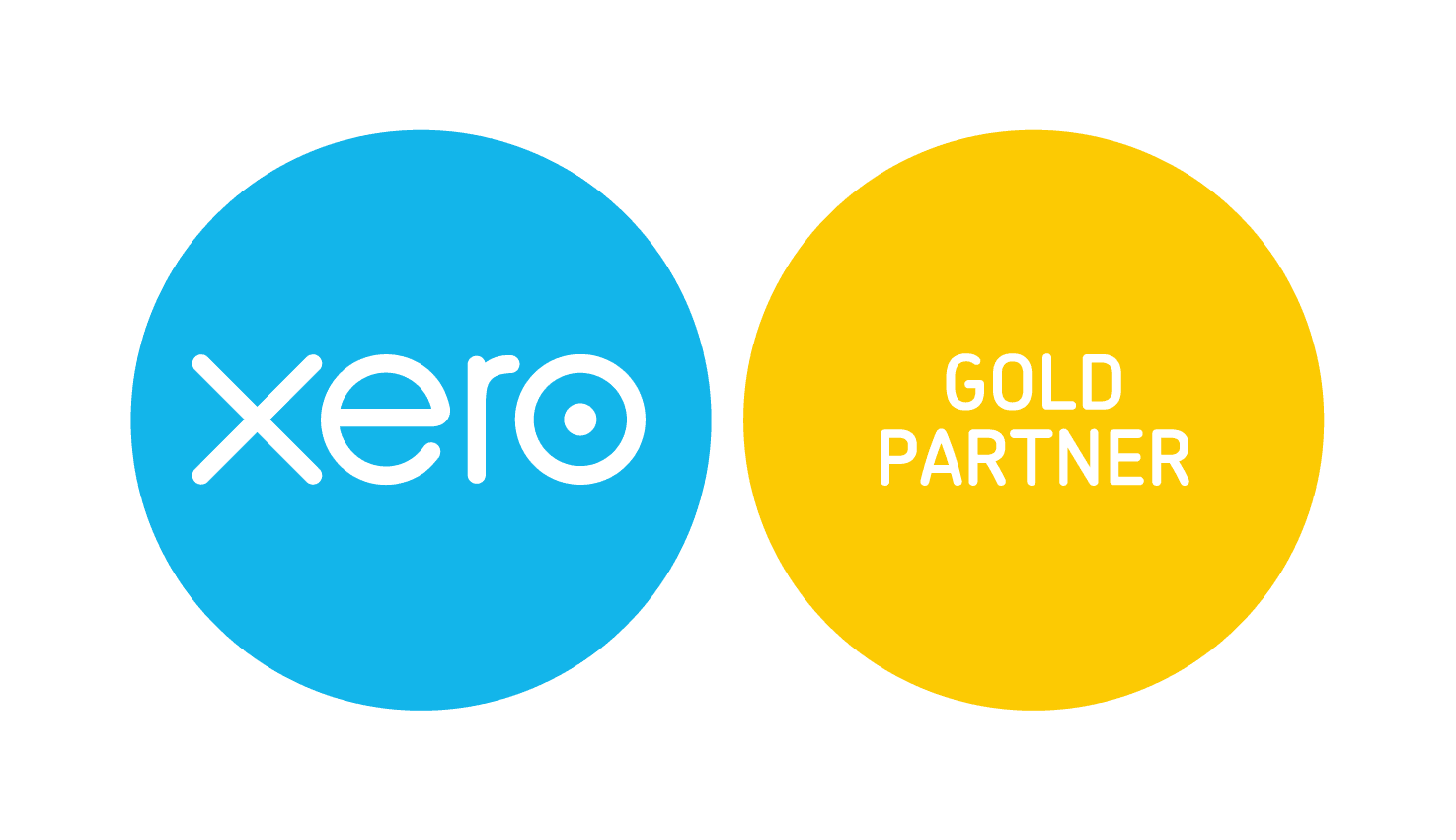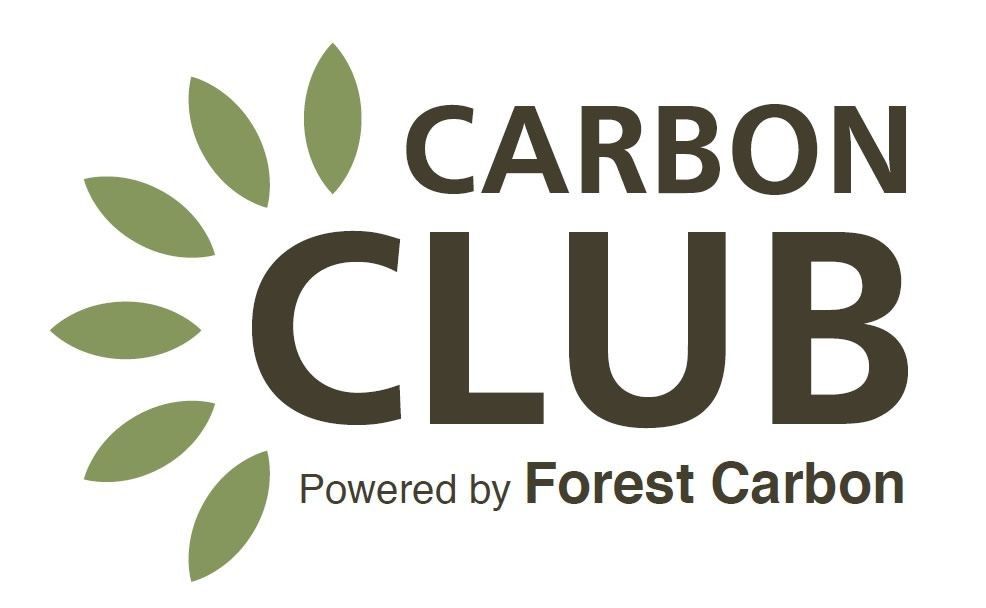Podcast transcription with introduction removed
What is the cash basis?
I guess I should probably start with explaining what the cash basis is. Now, traditionally when you were putting together your figures for your self-assessment tax return, you would add up all of the invoices that your business has sent out to its customers during the year, and you would add up all of the invoices, expenses, receipts that you’ve had from your suppliers during the years, and that’s the figures you would declare to HMRC, regardless of whether they’ve been paid or not. Now, the cash basis is where you declare income and expenditure based upon what’s actually been paid during the year, so it’s HMRC’s way of simplifying the process and making it a little bit easier for you to do your own self-assessment tax return.
The cash basis can make completing your tax return easier
I’m now going to go through two positives and two reasons why you may choose to use the cash basis, and then I’m going to go through three negatives, so reasons why you may not want to go for the cash basis. The first one is that, as I’ve just said, it’s far easier to do. If you’ve been keeping a separate bank account for your self-employment business, what you can do is once the tax year has ended, log onto your bank account, download the statements for the tax year as an Excel or a CSV file, and you’ve then got all of your transactions on an Excel spreadsheet for you.
You can then go through, delete any personal transactions, whether that’s a purchase that doesn’t relate to your business or whether that’s you withdrawing your own income, and then add up those two totals, so you’ve got a total of all the money you received from your customers and all the money you paid out to your suppliers. Those are the figures that go on your tax return, so nice and simple and quick to do.
With the cash basis you will only pay tax on what money you have received
The second positive is that obviously with the cash basis, you are only paying tax on the money that you’ve received, and this can be very handy if you’re someone who offers credit terms to your customers. If you give your customers 30 days to pay you, maybe you’ve got clients take even longer than that, you may even have a few clients who you’re not sure are actually going to pay you at all. If you use the cash basis, that income will not be included, whereas if you were to use the more traditional accruals method, because you’ve raised that invoice, it needs to go on the tax return.
With the cash basis you could pay tax too early
Now, that links me into the negatives. The cash basis can benefit you if your clients are slow to pay you or you give them credit terms and they take advantage of those. The more sort of traditional accruals method can be beneficial if you’ve got clients who pay you in advance, so if you’ve got clients who buy blocks of time from you, or you require a 50, maybe even 100 per cent full payment before you do any work for them, now, this could mean that you have a large amount of income received in February or March for jobs that you’re not going to undertake until April, May or June. Under the cash basis, you will still be paying tax on these, because the money has hit your bank account. In the accruals basis, so the more traditional way, they would be excluded, because the work relates to the following tax year, so those two are obviously linked.
Make sure you choose the option that doesn't waste your allowances
Look at your customers and see, do they pay you after they’ve done the work or do they pay you before they’ve done the work? That could be a good indication of whether the cash basis is good for you. The second negative or point to consider is your personal allowances. As you probably know, you’ve got a personal allowance every year, round about 12 and a half thousand pounds. If you don’t use that up, nothing is rolled forward until the following tax year, it’s a use it or lose it allowance, so be aware of all of these. It may be that in the first year you’ve exceeded the personal allowance, but you’re getting close to the higher rate tax threshold, which is round about 50 thousand. You want to make sure that all of these bands are utilised.
Let’s use an example. Let’s say in your start-up year, so your first year, you raise invoices of 15 thousand pounds, but you’ve only been paid ten thousand. Now, if you use the accruals basis, you would pay tax on the 15. If you use the cash basis, you would pay tax on the ten, and that can obviously be very attractive. Now, obviously I’m assuming no expenditure at this point, just to keep things simple, but then let’s say the following year, your business really takes off, and in the course of that year, you invoice and you get paid 50 thousand pounds.
If you’d used the cash basis, you didn’t pay tax on the five thousand that wasn’t paid in the tax year, which means that in the following year, you’ve got income of 55. Now, by pushing that five from one tax year to the next, has meant that in the second year, your tax bill is going to be considerably higher, because you’ve gone from paying nine per cent on the two and a half that takes you up from the ten to the personal allowance, and then 29 from the personal allowance up to that 15, to having to pay 42 per cent tax on that five per cent now is in the higher rate band. You’re probably about a grand or so worse off using the cash basis in this instance.
Now, this is obviously a hard thing for me to explain on a podcast. Sometimes we need a bit of a graph or a bit of a visual, but that’s one thing to just keep in mind. Don’t necessarily focus on your tax bill, focus on using up those allowances. Are you under the personal tax threshold if you use the cash basis compared to the accruals, therefore you may want to use the accruals to use up that personal allowance, rather than roll it into the next year and then possibly having to pay a higher amount of tax when that money does come in.
Consider if your business will be making a loss
Now, the final thing to sort of consider is whether your business is going to make a loss or not, because if you use the cash basis, HMRC will not allow you to use that loss to offset against any taxable employment income that you’ve received in that year. If you’ve been employed during the tax year and your self-employment’s run alongside, and then maybe you made a loss because you’ve had to pay out for a website, you’ve had to pay out for some equipment, if you use the accruals basis, that loss can go against your employment income, decreasing that, and can often result in a tax refund.
If you’ve used the cash basis, they do not allow this, so you don’t lose that loss, but that loss is rolled forward into the next tax year to be offset against future self-employment profits. It can kind of just delay you receiving that tax back, so those are the things to consider.
When you come to do your self-assessment and you’re hovering over that cash basis button, ask yourself, have you used up all of your allowances? Have any of your customers paid you during the tax year that relates to work that you’ve done in the following tax year? Have you made a loss? Because any of those three relate to you, I probably would avoid the cash basis, but if things are nice and simple, you want to do your tax return quickly and easily, you don’t want to engage an accountant possibly, and you only want to pay tax on the money you’ve received in the year, so no pre-payments or anything like that, then the cash basis could be exactly what you need.







